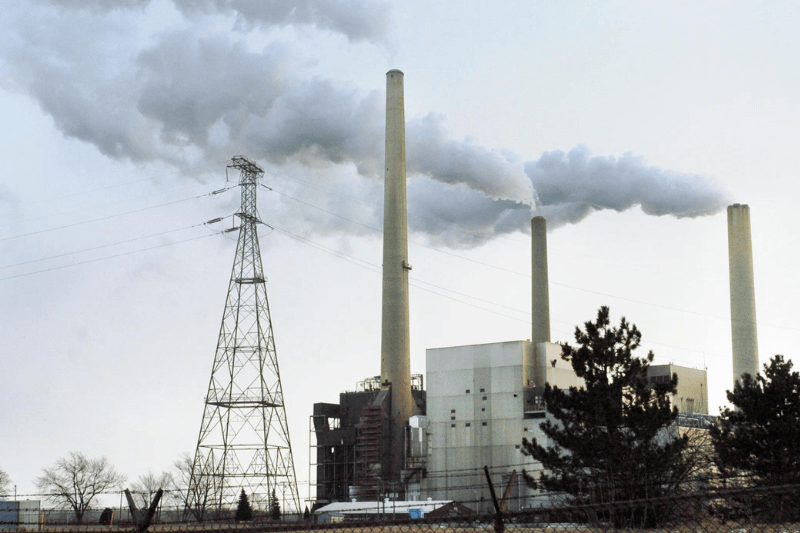
the global energy transition and its impact on the coal industry
Last updated on February 15th, 2024 at 06:29 am
As countries make commitments to lessen their reliance on fossil fuels, the coal sector around the world is witnessing a substantial transition. According to research, the coal sector may lose up to one million employment by the time 2050, with China and India being the most oppressively affected. This article examines how the global energy shift will affect the coal industry, emphasizing the anticipated employment losses and the demand for early planning to help impacted workers and communities.
Global Transition to Clean Energy
Globally, there has been a trend towards cleaner, low carbon energy sources as a result of the necessity to attack climate change. This transformation demands a decline in reliance on coal, a significant contributor to carbon emissions. The coal industry will inescapably witness a downturn as countries adopt renewable energy sources, reducing the demand for coal.
Projected Job Losses and Regional Effects
According to research by the Global Energy Monitor( GEM), the coal industry may witness a loss of close to 1 million jobs by 2050.
Opportunities and Challenges for Affected Workers
Worker and community suffering and social unrest may result from the closure of labor intensive coal mines. Governments and business partners need to make proactive plans to aid impacted employees in moving to alternate employment options. The negative effects of employment losses can be lessened by investing in diversified industries, job placement aid, and reskilling programs.
Keep Reading
Collaboration between the government and industry
For the development of comprehensive strategies that manage the switch from coal to clean energy, governments must work closely with industry stakeholders. Prioritizing the welfare of impacted employees, ensuring a just and equitable transition, and promoting sustainable development in areas impacted by the closure of coal mines are some examples of how to do this.
International Action and Sustainability Objectives
The decrease in coal industry employment is in line with global environmental ambitions and shows how committed the world is to avert global warming. The necessity for coordinated action at the public and international levels is emphasized by the significance of global efforts to phase out coal to meet climate goals.
With anticipated job losses affecting regions and communities that have long reckoned on coal-related employment, the global energy shift poses an inescapable challenge for the coal industry. It’s viable to negotiate this transformation in a way that benefits workers and allows a flawless transition to a cleaner, sustainable future with strategic planning re-skilling efforts, and cooperation between governments and industry.









